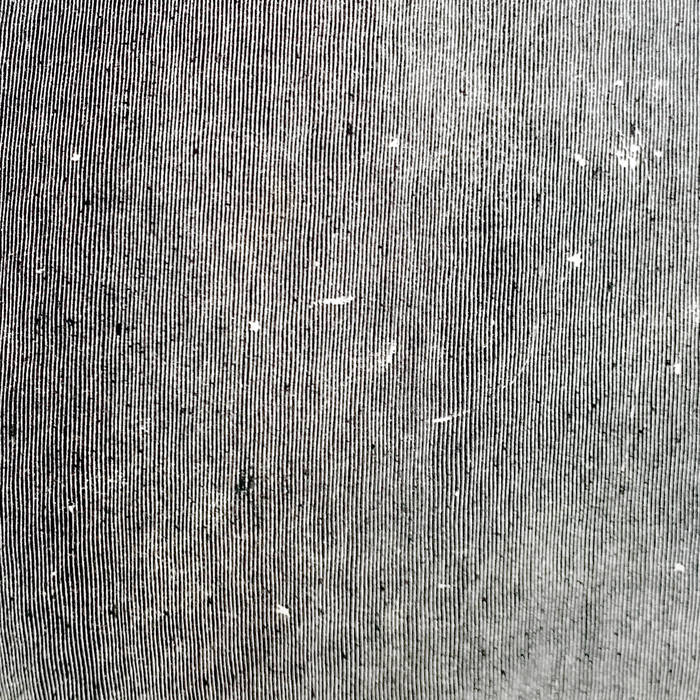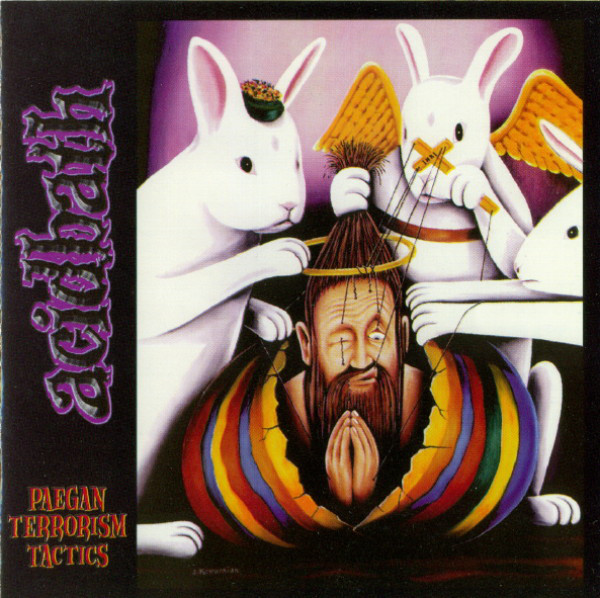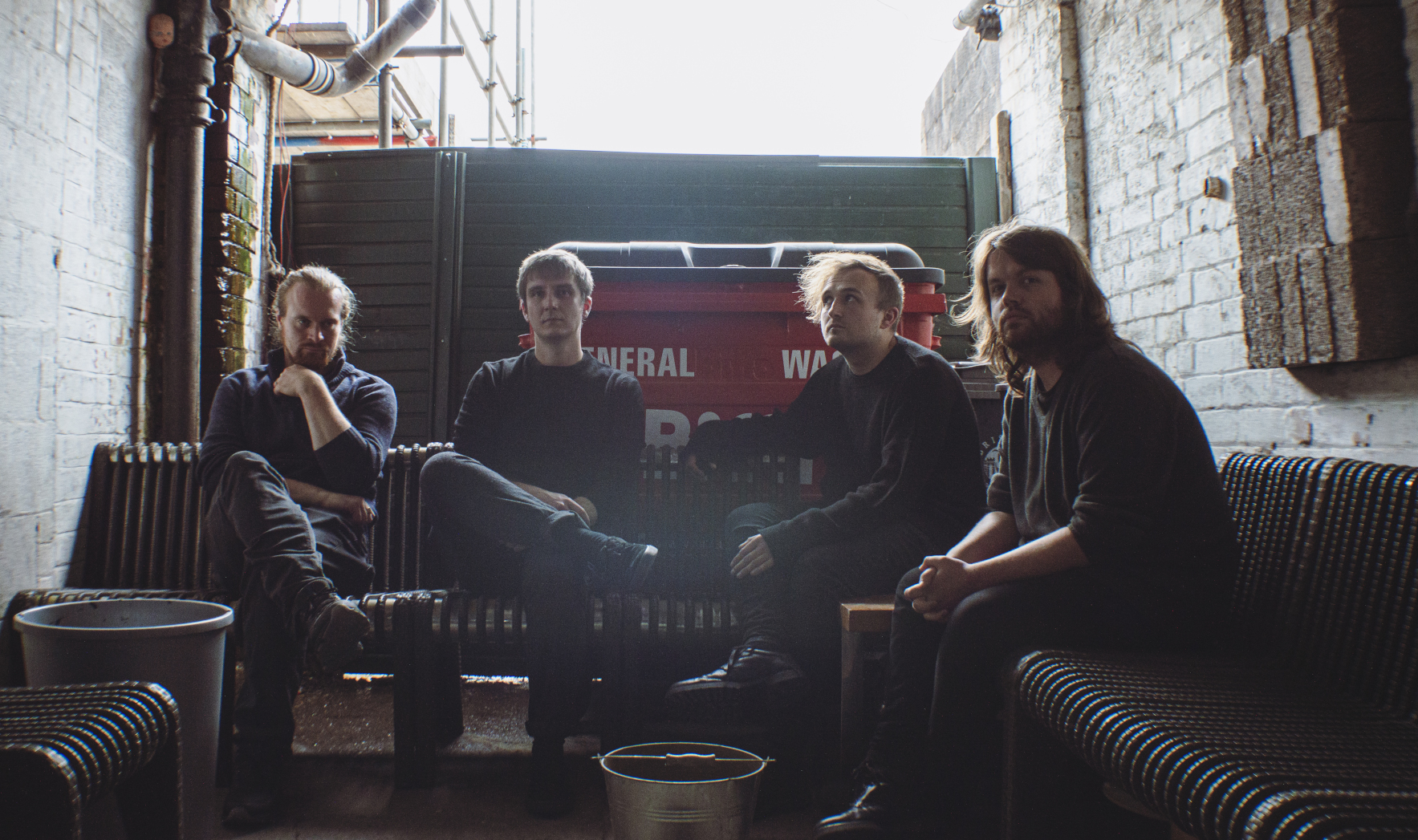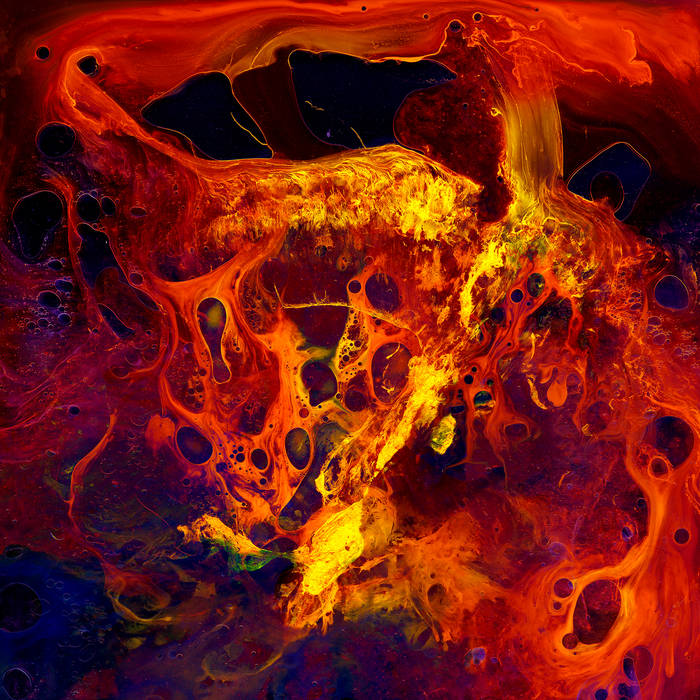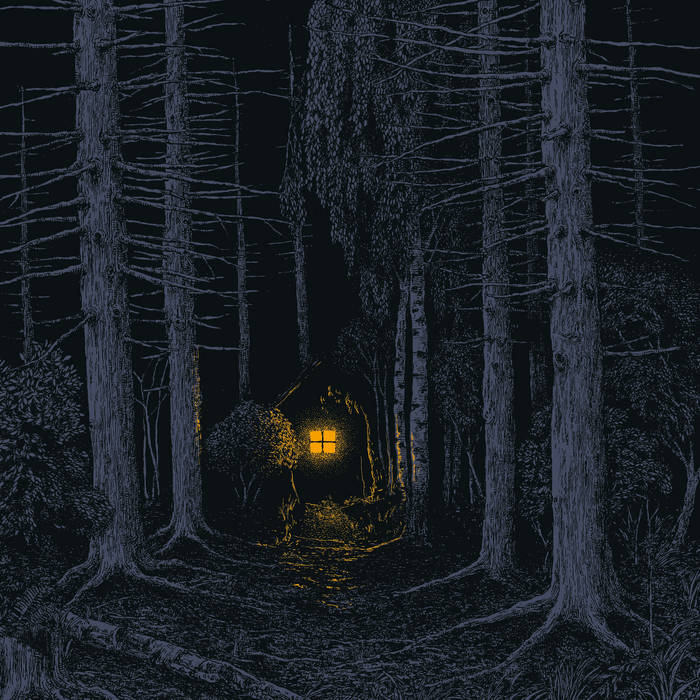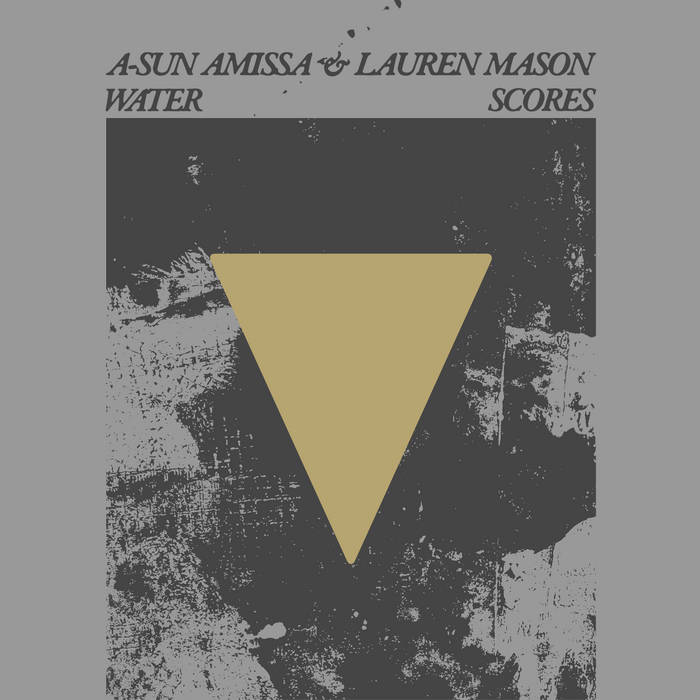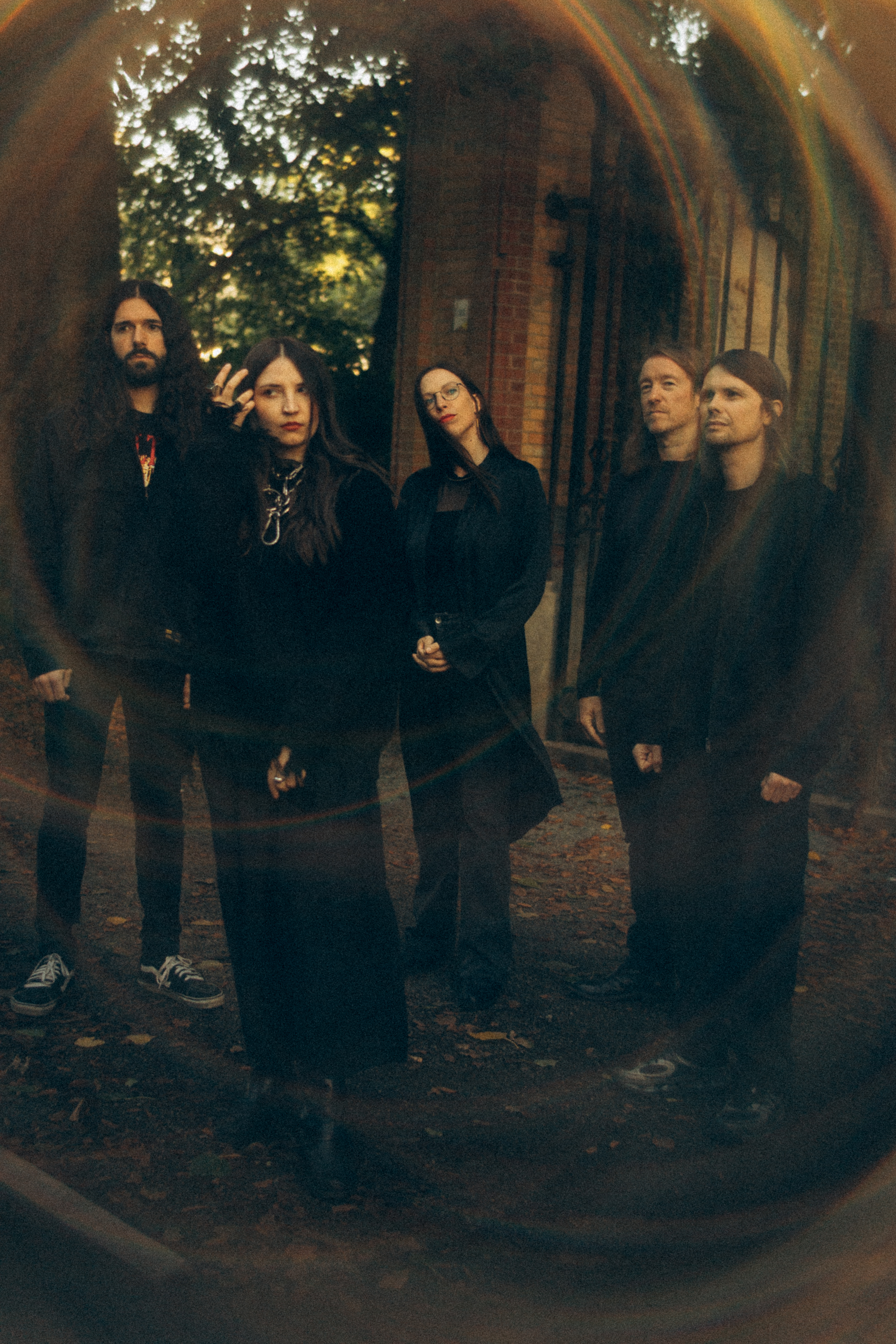The second-most famous musical contribution from Duluth, Minnesota, proves once again, that their musical output doesn’t have to “fear” Bob’s shadow, even though they are not as famous as Robert Alan Zimmerman – unfortunately. But – if you hope that they return to being the mostly guitar-oriented band they started out as – please revisit their former masterpieces in that genre. In 2021, Low are still a band whose musical output is based on a different form of Indie-Rock, and their music is as exciting as it was 20 years ago!
Hey What starts out to follow the lines of the previous albums and focuses more on the synth-ladden version of Indie-Rock without trying to imitate other bands before them but defining their second incarnation more clearly than before. The one thing that separated Alan Sparhawk and Mimi Parker from the beginning was their idea of vocals as harmonies – real harmonies, not just vocal “games” strewn across musical ones. Their vocals are still like classical 60s Pop-harmonies, somewhere between Beatles, Beach Boys and Jefferson Airplane. There are those overwhelmingly clear and beautiful harmonies that remind one of the Beach Boys and you can also find those in basically every track of the album, but maybe nowhere as prominent and important as on ”Disappearing” where the harmonies are the first thing you hear before the synths slowly become louder and louder a track that is a sense is more Drone than anything else and yet the vocals show that its roots are somewhere completely different.
When listening to ”All Night” I somehow was reminded of the Beatles classic ”Nowhere Man” even though both track have nothing to do with each other, ”Hey” comes along like a leftover Sigur Ros-track from the Agaetis Byrjun-sessions, especially with its wonderfully melancholic outro. The tracks each radiate that certainty of a couple who might not be surprised by the comparisons, but who simply doesn’t care about them because they know that their way of songwriting is quite unique. And this attitude also shows quite clearly in ”Days Like These”: Following the seven-minute epic ”Hey” the track starts with wonderful lines by Alan and Mimi followed by only a few guitar pickings and then being overwhelmed by voluminous, loud, distorted passages that seem to combine synths and guitars equally. That the whole arrangement then ends in another melancholic ending. The one track that stands out a bit is ”More” because it seems like a classic Rock song, but still the guitar is so distorted that it’s nearly unrecognizable. The elegy ”The Price You Pay (It Must Be Wearing Off)” combines both sides of Low, the classical Indie-Rock elements in the intro (slow, melancholic, guitar-based intro) and the beat-based version.
The interesting thing about the last Low records which follow this path more and more is to see how much the duo substitutes regular Indie-Rock elements with newer ones, which are definitely more modern. This way, the band might lose a few aficionados of the older records, but they definitely keep the music “fresh” for themselves and also add a kind of surprise element and tension with the question of where they might be headed on any new record. Their new version is surely still Indie, but it’s not the noisy, folksy stuff it was on earlier records, it is a wider, opener idea of Indie. And after listening to this new release on Sub Pop, in a certain sense, one might say ”The future is wide open…”. It definitely is for Low.

